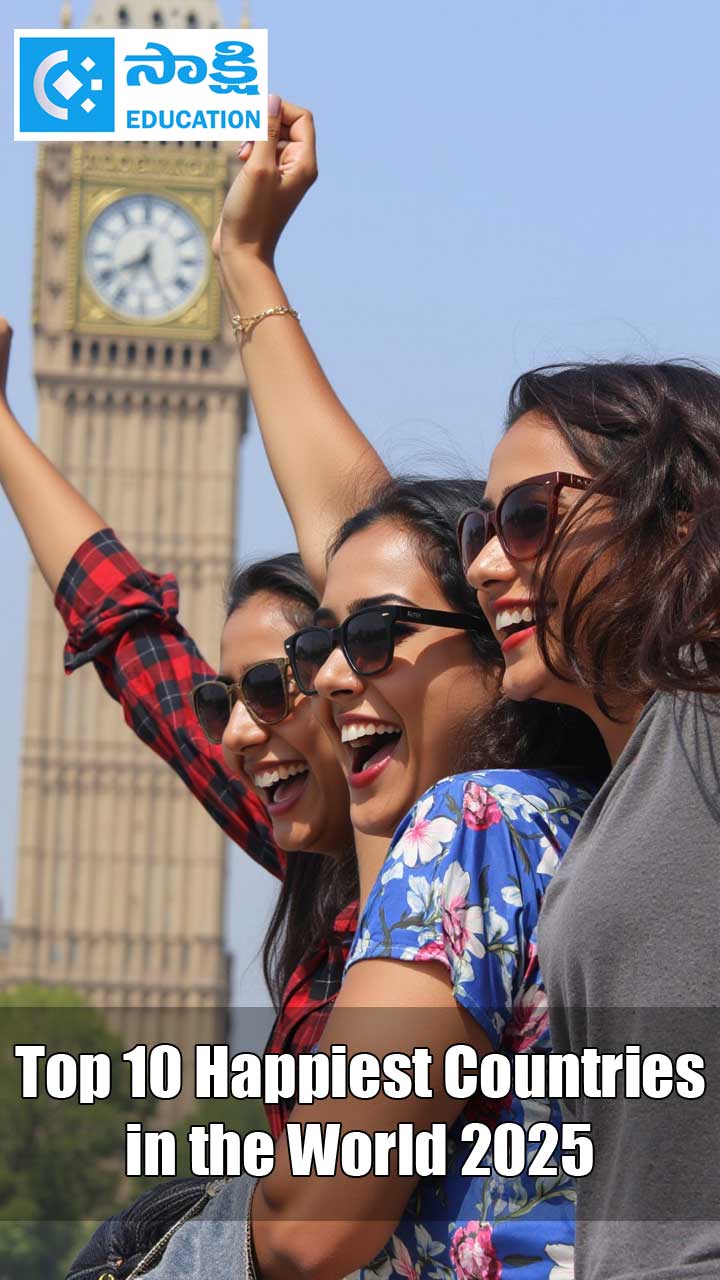High Fee in Private Schools: Telangana Government Takes Action

In light of the Cabinet Sub-Committee’s orders to review the feasibility of controlling fees in private schools, the Directorate of School Education is preparing to take action. The government is contemplating moving forward by considering recommendations from the 2017 Acharya Tirupathirao Committee report on fee regulation. If required, the government may introduce a special law. Currently, more students are enrolled in private schools than in government schools.
The lack of infrastructure and shortage of teachers in government schools are pushing students towards private schools. Private managements charge anywhere from ₹12,000 to ₹4 lakhs annually in school fees. Some schools are reportedly increasing fees by as much as 25% each year. In response to years of complaints, the government has now focused its attention on regulating fees.
Fees Based on Basic Facilities
Several states, including Tamil Nadu, Karnataka, Maharashtra, Rajasthan, Gujarat, West Bengal, Punjab, and Uttar Pradesh, have already passed special laws to regulate fees in private schools. Telangana government is also considering a similar law to cover over 11,000 private schools serving more than 35 lakh students.
Read: Telangana School Academic Calendar 2024-25: Check FA and SA Examinations Schedule!
Unnecessary Expenses Labeled as Development
The Sub-Committee has advised the School Education Department to eliminate legal hurdles that have prevented the enforcement of earlier fee control orders. In the past, government orders allowed schools to increase fees by 15% annually, including development charges and other expenses. Some schools, however, inflated costs for unnecessary projects and presented them as development, leading to fee hikes.
For instance, one school installed advanced sound systems and technology in every classroom, showing these expenses in their accounts as student-related costs, which led to a 25% fee increase. Such arbitrary fee hikes have prompted the government to consider stricter regulations.
Mandatory Records for Expenses Exceeding 10%
The Tirupathirao Committee recommended that schools be allowed to increase fees based on their expenses over the past three years. Schools could increase fees by up to 10% without special approval. However, any increase beyond 10% would require detailed records of every expenditure to be documented via bank transactions. The Committee also proposed that all payments related to salaries, infrastructure purchases, and other expenses be made strictly through banks.
The School Education Department is taking these points into account and intends to conduct further research. To monitor the income and expenditure of over 11,000 schools, a dedicated mechanism might be necessary. The government is likely to make additional recommendations, ensuring that schools increasing fees by more than 10% must provide proper accounts.
Key Points:
- Cabinet Sub-Committee's Orders: A state cabinet subcommittee has directed the Education Department to review the feasibility of controlling fees in private schools.
- Special Law Consideration: The government is exploring the possibility of introducing a special law to regulate fees if necessary.
- Rising Enrollment in Private Schools: Due to infrastructure issues and teacher shortages in government schools, more students are opting for private schools.
- Arbitrary Fee Increases: Private schools have been increasing fees by as much as 25% annually, leading to widespread complaints.
- Regulations Based on Facilities: The government is considering a system where fees can be increased based on the available infrastructure in the school.
- Preventing Unnecessary Expenses: The government aims to prevent schools from inflating costs for unnecessary expenses and presenting them as development charges.
- Mandatory Records: Schools may be required to maintain detailed records of all expenses exceeding 10% and make payments through banks.
Telangana 10th Class Study material
-
Acids, Bases and saltsClassification of Elements-The Periodic Table
-
Reproduction – The Generating SystemCo-ordination in Life Processes
-
The Movement for the Formation of Telangana State Citizen and the Governments
Tags
- Tirupathirao Committee
- private schools
- Private schools fees
- Telangana Schools
- Education Reforms
- Telangana Education Reforms
- Telangana private schools
- Fee Structure
- Telangana Government
- private School Fees
- Fee regulation
- School fee hikes
- Education policy
- Telangana Education Reforms
- Private school regulations
- Fee Structure
- Government intervention
- School fee control
- Education affordability
- Telangana News
- Fee increase concerns
- School fee oversight
- SakshiEducationUpdates



















